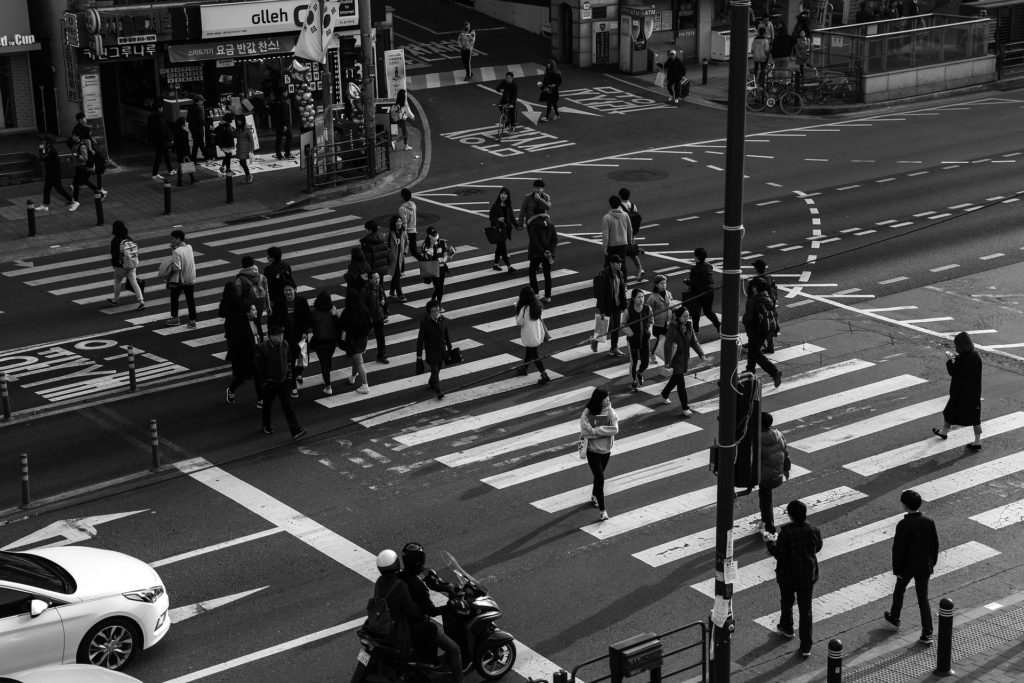Walk on By
The Bystander Effect describes a phenomenon with which we are all – unfortunately – familiar.
Something bad happens in public.
Lots of people see it.
Nobody helps.
In fact, the more people who are around the less chance there is that anyone will help.
We blame cities.
Materialism.
Lack of human feeling.
Modern life.
But it may well be that our tendency to follow the ‘herd’ is an old instinct that has helped us to survive. It stands to reason that if someone shouts ‘Lion!’ and begins to run it’s a good idea to run first and ask questions later.
Just call out my name…
But there is a feature of the Bystander effect that is perhaps less well known and that is that it appears to be very easy to overcome it. Simply recognising the possibility that anyone (me, you – anyone) may not intervene in an emergency can mean that we do intervene. Just that much knowledge can make a difference.
Also it is well known that when bystanders are specifically asked for help – Hey man in the blue sweater – they tend to respond positively. It as if a consciousness of ourselves as individuals can bring with it not just a myriad personal likes and dislikes and idiosyncrasies but also an awakening of moral and ideological beliefs and even a willingness to help others.
Global Bystander Effect
There are many theories put forward to explain the Bystander Effect. Amongst these is the idea of ‘diffusion of responsibility’. This simply means that we feel less personally responsible the more people are around. Less likely to see ourselves as ‘it.’ More likely to think someone else should act.
So, here’s a question – does the war and poverty and violence and hatred we see all around us on our planet flourish because we suffer from a global Bystander Effect?
After all, if having six or seven people witness an emergency slows down or destroys our individual reaction then what if 6 or 7 billion people see the same thing? How diffuse must that responsibility feel?
